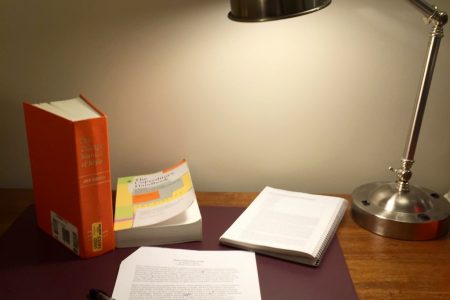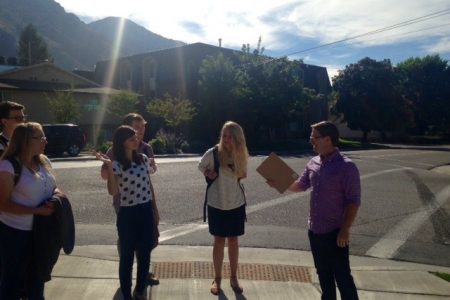The following post is written by Rachel Cannon, an undergraduate Fellow at the Center. Growing up, in school, I never liked the idea of someone editing my work. It felt intrusive, and my prideful self so intent on perfection didn’t want to be told how many mistakes I’d made and how imperfect my work was. …









